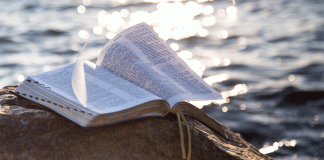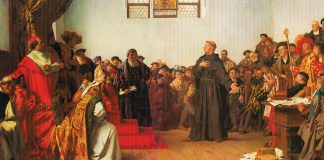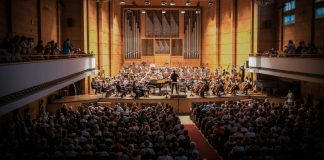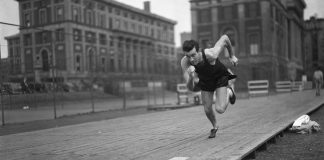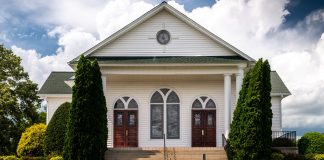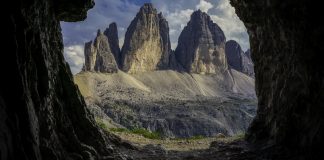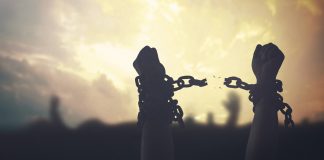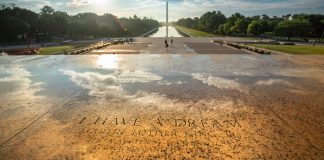How to build (and how to dilute) a biblical worldview
According to a Barna Group poll, only 6% of Americans have a "biblical worldview", the percentage rising to just 21% for those who regularly attend evangelical churches. This shows that fewer and fewer Christians are turning to Scripture to answer the questions they face.
Immaculate preconception | Who really knows what about Christians?
Some statistics circulated by the international press have created an increasingly negative image of Christians and Christianity. How well-founded is this image, and how should those targeted by it deal with it?
Luther’s protest is not over
In January 2014, in what catholic.org called a historic gesture, Pope Francis sent a message of unity, recorded on a mobile phone, to charismatic and Pentecostal leaders attending a conference organised by Kenneth Copeland Ministries.
Christian persecution, at the highest level in the last three decades
One in seven Christians is a victim of persecution worldwide and one in sixteen Christians dies every day for their faith, according to a report published by the Open Doors organization, revealing that Christian persecution has reached the highest level in the last three decades.
Created with a need for rest
Work has been part of God's plan for mankind since creation, but so has rest. Setting wise boundaries between work and rest is not only a successful strategy for maintaining our productivity, it also reflects on the health of our relationship with God and our fellow people.
Seventh-day Adventists
Seventh-day Adventists consider the issue of religious freedom to be essential to their mission. “Separation of church and state offers the best safeguard for religious liberty and is in harmony with Jesus’ statement in Matthew 22:21: ‘Render therefore unto Caesar the things which are Caesar’s; and unto God the things that are God’s’.”
Excellence and modesty | An interview with Dr Bert B. Beach
His name is Bert B. Beach. Until his retirement in July 1995, he was director of the Public Affairs and Religious Liberty Department (PARL) of the General Conference of the Seventh-day Adventist Church.
Happiness is a gift
Herbert Thorson Blomstedt has performed in over three thousand concerts with the world's most renowned philharmonic orchestras. He has held several long-term positions as music director of legendary orchestras in Dresden, Leipzig, and San Francisco, and recorded hundreds of works, including the complete symphonies of Beethoven, Bruckner, and Nielsen. He has won two Grammy Awards and received state distinctions in Sweden and Germany....
The emancipation of a free man
Louis Zamperini experienced the bizarre smell of death so many times that he came to the verge of losing his mind. However, he survived, and by choosing to forgive the unforgivable, he was able to breathe life into an entire world.
The Baptist Church
The Baptist Church has made significant contributions to religious life by embracing the principle of separation of church and state and the principle of religious freedom.
The Waldenses | The poor of Christ
The “poor of Christ”, the “poor of Lyon” or, simply, the “brothers” never called themselves “Waldenses” until they joined the Reformation. The derisive appellative was given to them by their persecutors, after the name of the man who consolidated the doctrine of the community.
John Andrews, the big-hearted genius
John Andrews and his family decided to cross the ocean against the current of that time. Therefore, many forgotten truths were brought to light, many hopes were reborn, and many dreams came true.
A meaningful Christmas
Christmas involves a financial and, at the same time, an emotional expense. Even in times of crisis, the spending season lasts longer than the holiday itself.
William Wilberforce | The “Nightingale” who devoured the Hydra
A deeply religious English politician and tireless social reformer, William Wilberforce, nicknamed the “Nightingale of the House of Commons” for his distinct and melodious speaking, made history with his contribution to the complete abolition of slavery in the British Empire.
A king’s dream: Martin Luther King, Jr. and the gospel of liberation
At the age of 34, he moved the American people with a speech about his biggest dream. At 35, he was awarded the Nobel Peace Prize. At the age of 39, his life ended suddenly, with Martin leaving his dream as a legacy to the next generations.












